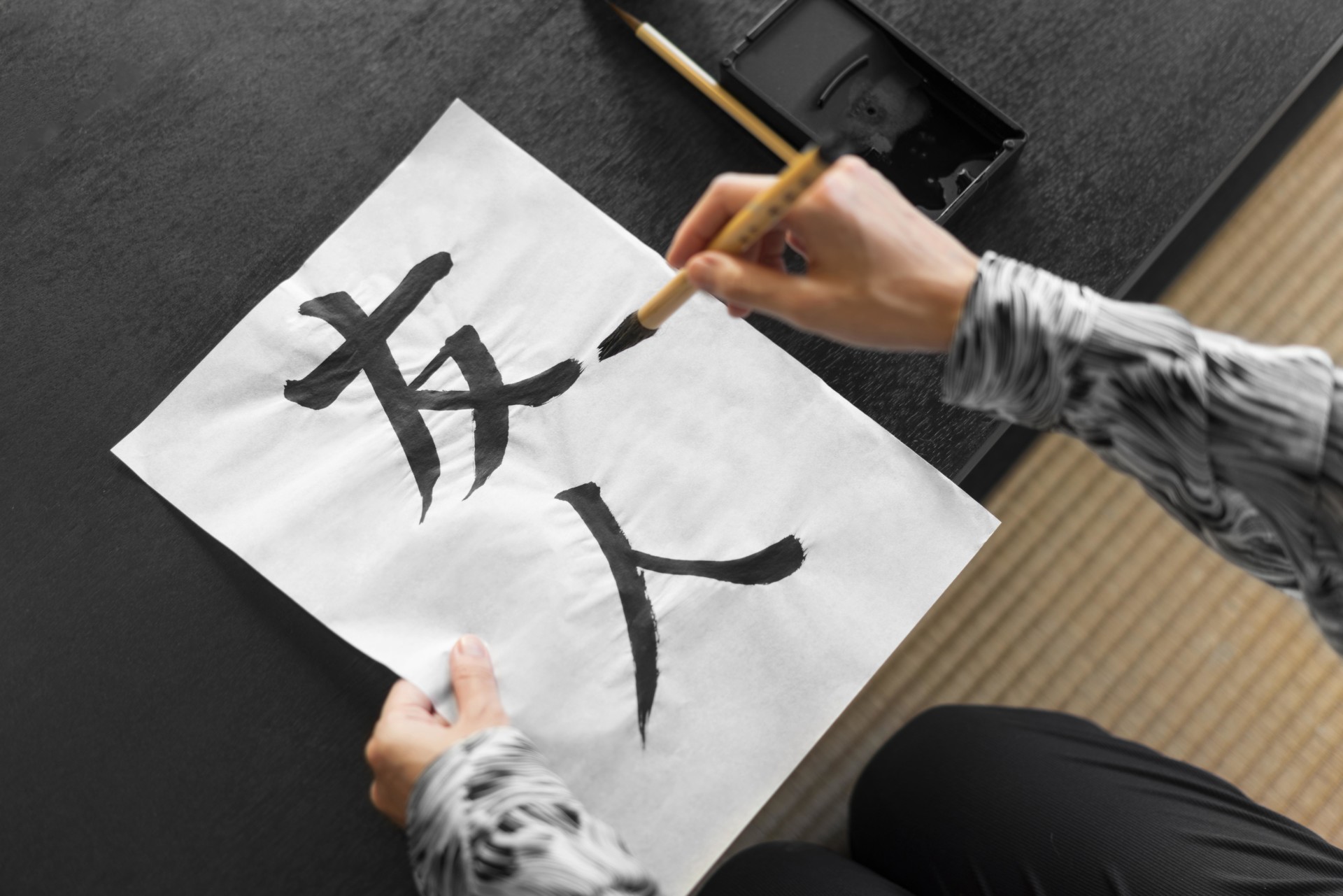Every language has its quirks. In German, for example, there is a word of 67 letters which looks like this:
Grundstücksverkehrsgenehmigungszuständigkeitsübertragungsverordnung
In fact, this is a whole sentence. It can be translated as Regulation on the Delegation of Authority Concerning Land Conveyance Permissions. Even in the most romantic people, this combination of consonants and vowels awakens sadistic inclinations: you just want to hear a German official pronounce this train-length word for the third time in 5 minutes.
As for the name of the Icelandic volcano – Eyjafjallajökull – can you pronounce it quickly on your first try? There are a lot of strange words and concepts in the world. Do you know, for instance, what a phloem is?
But now you are invited to a Standard Chinese (Putonghua) lesson. It also promises to be interesting. Although this language is spoken by almost two billion people, it remains one of the most mysterious. Let’s start without delay:
你好, 最近怎么样 – our Chinese ‘Hello!’ and ‘How are you?’







